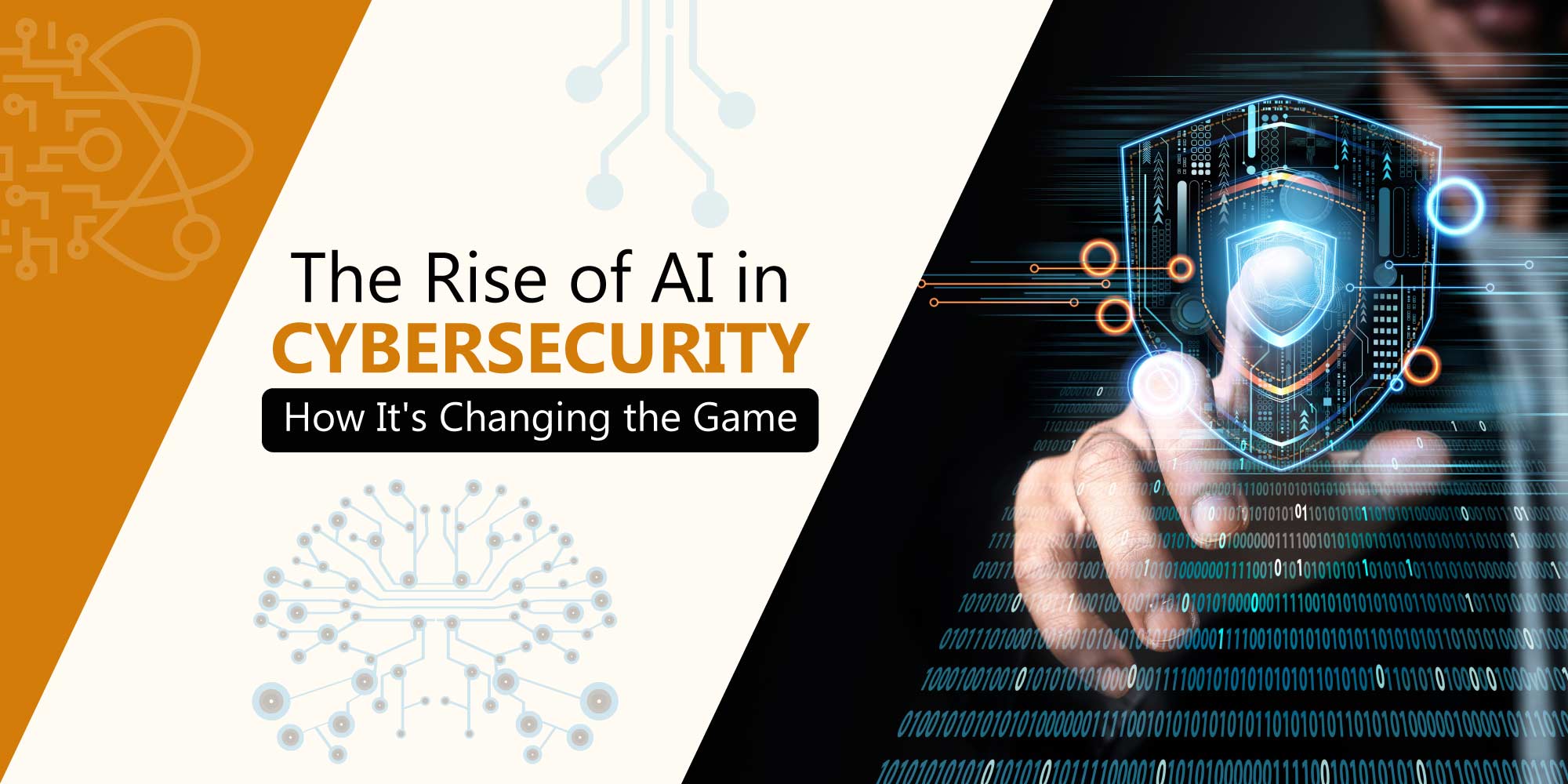Hey there! Welcome back to another informative and exciting blog. Grab a drink, get cosy, and let’s dive into a world of artificial intelligence and cybersecurity. Enjoy the blog!
Artificial intelligence (AI) has become a game-changer in cybersecurity, transforming how organizations safeguard their digital assets. This revolutionary technology is not only enhancing threat detection and response but also providing unparalleled efficiency and insights. Here’s a closer look at how artificial intelligence advancement is reshaping the cybersecurity landscape and some challenges, including artificial intelligence security risks, that need attention.
Faster Threat Detection and Response
AI-driven solutions are accelerating threat detection by sifting through vast amounts of data, promptly identifying abnormal behaviour, and swiftly responding to potential dangers. Whether detecting a new zero-day attack or automating routine security tasks like patch management, AI streamlines cybersecurity operations, making it easier for organisations to stay ahead of evolving threats.
Improved Threat Intelligence
The power of AI lies in its ability to analyze extensive datasets, identifying patterns and trends that may elude human perception. This capability aids organizations in comprehending the latest threats and devising more effective strategies to mitigate them. The synergy between AI and threat intelligence is bolstering cybersecurity defences and providing a proactive stance against potential risks, contributing to the growing artificial intelligence influence in the field.
Reduced Risk of Human Error
Man-made mistakes are one of the main reasons for cybersecurity breaches. AI contributes to risk reduction by automating error-prone tasks like password management and data entry. This not only minimizes the chances of mistakes but also allows human professionals to focus on higher-level strategic tasks, such as threat hunting and incident response.
More Efficient Security Operations
By automating tasks and offering real-time insights, AI enables organizations to operate more efficiently in the realm of cybersecurity. Security professionals can leverage AI to streamline operations, ensuring that their efforts are concentrated on critical areas like threat response rather than routine tasks. This marks a significant advancement in the efficiency of growing artificial intelligence applications in cybersecurity.
Enhanced Security Posture
Overall, AI provides organizations with the tools and insights needed to fortify their security posture. From detection and response to prevention, AI is instrumental in helping organizations stay resilient against cyberattacks, ultimately safeguarding sensitive data. The rise of AI in recent years has significantly contributed to the evolution of security postures globally.
Examples of AI in Cybersecurity
- AI-powered malware analysis swiftly identifies new and emerging threats.
- AI-based intrusion detection systems catch malicious activity overlooked by traditional systems.
- AI-driven Security Orchestration, Automation, and Response (SOAR) platforms automate tasks in response to cyberattacks.
- AI-powered threat intelligence platforms offer real-time insights into the latest threats and mitigation strategies.
Challenges to Address
While the potential of AI in cybersecurity is vast, there are challenges to overcome:
- The need for skilled AI professionals: Meeting the growing demand for experts who can develop and implement AI-based security solutions is crucial.
- The need for data: AI algorithms rely on data for effective learning. Collecting and storing substantial amounts of data is essential for developing robust AI-based security solutions.
- The need for security: AI systems themselves can be vulnerable. Implementing stringent security measures is vital to protect AI systems from potential malicious attacks and mitigate artificial intelligence security risks.
In conclusion, despite the challenges, the potential benefits of incorporating AI into cybersecurity strategies are immense. Organizations that invest in AI technology are not only improving their security posture but are also better equipped to defend their data against the ever-evolving landscape of cyber threats. As AI advances, its role in cybersecurity is poised to grow, presenting exciting possibilities for a more secure digital future.




